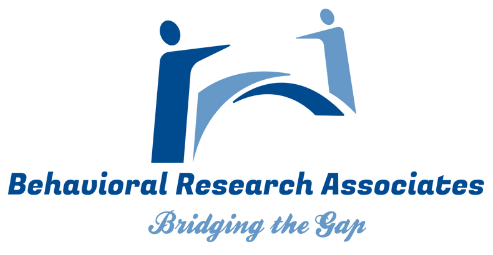How do Caregivers Make a Difference?
Caregivers are perhaps some of the most selfless and charitable people in the world, as their sole mission is to help others. By having caregiver support come into their home through in-home care agencies, or as employees, persons with developmental disabilities or those in need will be able to feel safe in their own home environment, while ensuring they are in good hands in terms of their health and well-being.
Having a caregiver on hand allows the person served to have a quality of life that he or she would not be able to have without the help of a professional caregiver. There are several ways that caregivers make huge differences in the people that they care for, such as:
- Medication management not only allows the caregiver to assist their patient with the medication that he or she needs to take, but they can be there to monitor the individual in case of any negative reaction or side effects of the medicine. It is important that the caregiver is aware of the medical history of the person served and by the caregiver doing their research and being diligent, they could ensure the individual is feeling their best by keeping them on their proper medication schedule.
- Personal care allows the individual to feel as though personal hygiene is a top priority that will not be neglected due to the inability to care for oneself. Unfortunately, as people both age and progress in their illnesses, they may be unable to care for themselves and keep up with their personal hygienic routine. This can cause a plethora of health issues and problems for the person served, which the caregiver can actually help mitigate. Caregivers are able to be there to help with bathing, toileting, dressing, and grooming, which will allow the person served to maintain a clean and healthy personal hygienic routine. Not only will this help the person served physically, but it may lift the individual’s spirits as well! When someone looks good and is clean, they feel good, which can overall improve their quality of life and their mood!
- Companionship services allow caregivers and the person served to bond with each other, which likely stems from spending so much time together over a prolonged period of time. As individuals get older, he or she may start to experience the loss of their friends or perhaps they are unable to get out of the house and socialize the way they used to. Eventually, that loneliness will turn into depression and it may manifest into a health issue that is beyond the individual’s control.
- Light housekeeping is an imperative way for a caregiver to make a difference in the life of the person served. Similar to personal care services, light housekeeping allows the individual to remain healthy and happy, which will improve their quality of life. These tasks include maintaining a sanitary & functional environment, organization of clutter, taking out the trash, laundry, and doing dishes. By maintaining a healthy, functional, and organized environment, a caregiver can not only make a difference in the lives of the person served but in the lives of the person’s family and friends who may be worried about their loved ones.
As mentioned above, one of the biggest ways that a caregiver can make a difference in the lives of those they serve is by providing a service that will give the family members and friends of the person served peace of mind that their loved one is in good hands. By taking the time to care for this individual, not only are they giving them the ability to live a happy, fulfilled, and healthy life, but they are giving their support system a chance to take a break from worrying about their family member or friend.
Caregivers can make an extremely large impact on the lives of the person served, the community that they support, and the families that they come in contact with. Caregivers are gentle, compassionate, kind, and generous human beings that devote their time to ensuring other people are happy, healthy, and living the life that they deserve.





